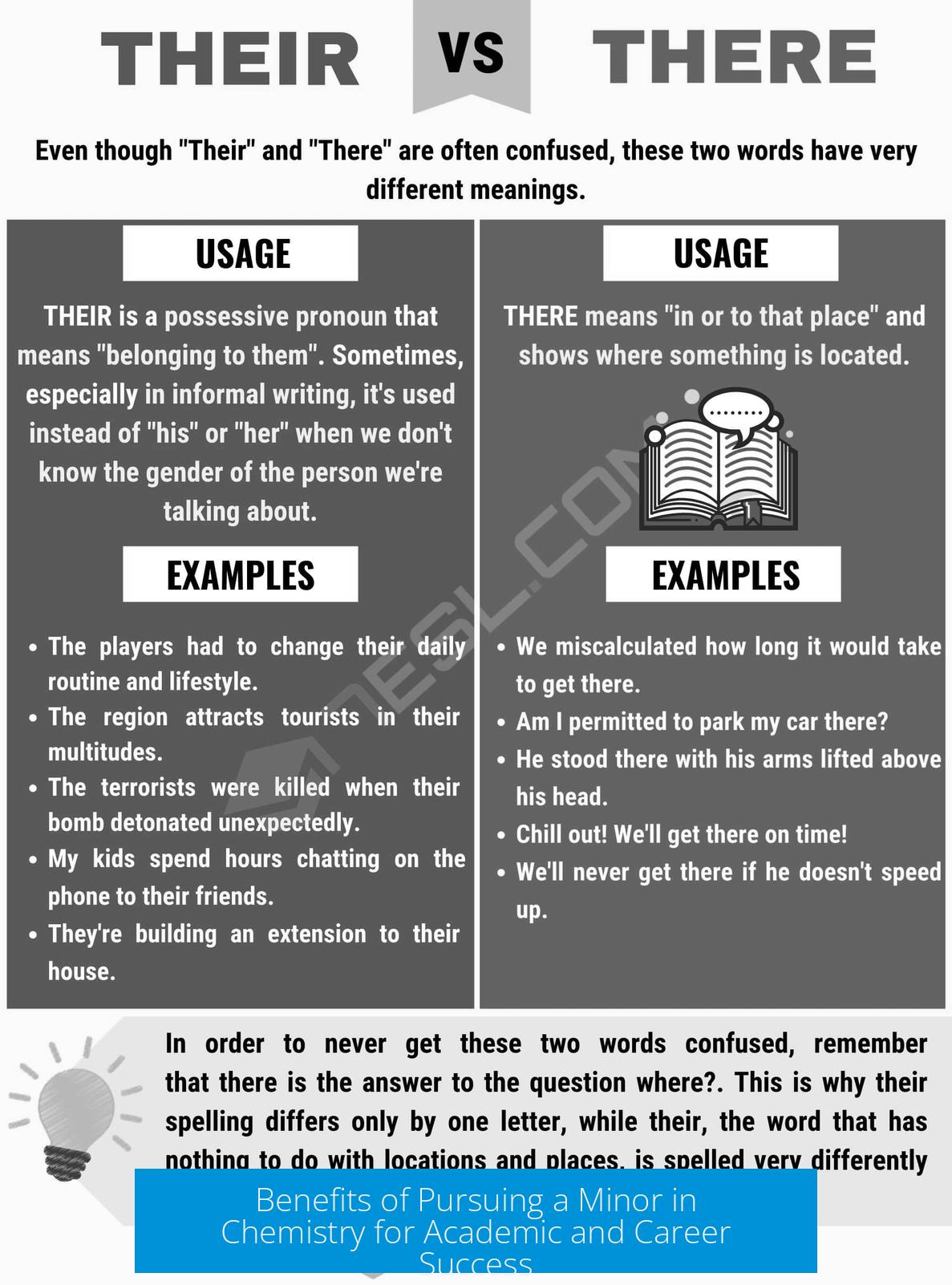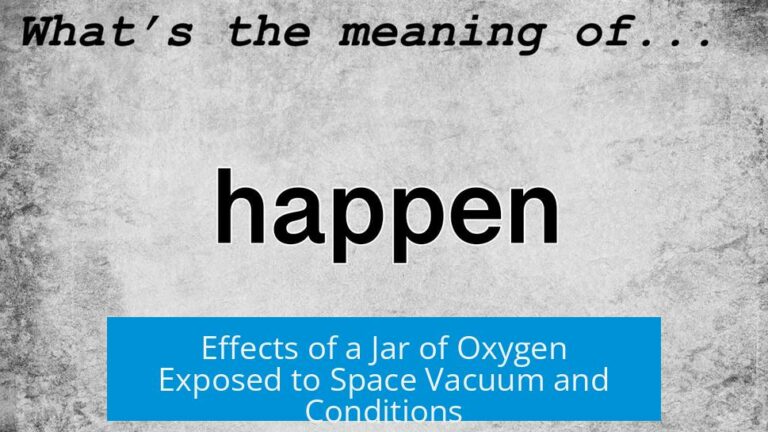Is There a Benefit to a Minor in Chemistry?
A minor in chemistry primarily offers personal intellectual growth and practical knowledge rather than substantial formal or employment advantages. Its benefits vary depending on the student’s major, career goals, and how the minor complements their field of study.
Understanding the Purpose of a Chemistry Minor
Many students pursue minors out of curiosity or interest rather than for direct career benefits. Chemistry, in particular, attracts those keen to deepen their scientific understanding. However, this minor generally does not provide major advantages in formal settings like job applications or graduate program admissions.
Some view minors as extensions of learning that foster a well-rounded education. Yet, a chemistry minor is seldom a decisive factor on its own.
Impact on Academic Performance
Adding a chemistry minor might help slightly increase a student’s GPA. But chemistry courses are demanding and not usually the easiest way to enhance grades.
- Chemistry involves complex topics like organic and inorganic mechanisms.
- These subjects require significant study effort and are graded rigorously.
Therefore, boosting GPA through chemistry courses tends to be modest at best.
Practical and Intellectual Benefits
Chemistry minors offer solid intellectual benefits, especially in fields like materials science, biology, or engineering. Understanding core chemical principles improves predictive power in related careers and even daily life.
The knowledge helps interpret molecular interactions, chemical reactions, and material properties. Students frequently enjoy the study process, appreciating visual tools like reaction mechanisms.
“The benefit is you get to draw cool shapes and push arrows.”
This engagement enhances critical thinking and problem-solving skills, valuable beyond chemistry itself.
Relevance to Employment
Employers rarely prioritize a chemistry minor alone. Minor fields like foreign languages often carry more weight because they indicate tangible skills.
Still, in competitive job situations, any additional qualification might tip the decision. A chemistry minor could differentiate a candidate slightly, especially if relevant to the job.
Overall, the direct employment advantage of a chemistry minor remains limited and often depends on the hiring context.
When a Chemistry Minor is Required
Certain majors, such as microbiology, may require a chemistry minor. This is more structural than advantageous. Students fulfill curriculum requirements rather than gain external benefits from the minor.
Even in required cases, the career impact of having a chemistry minor varies by field.
Minor vs. Double Major or Course Load
Some confusion exists between minors, double majors, and simply taking extra courses. A minor is a formal secondary concentration with fewer credits than a major.
- Minor: Typically 15–24 credit hours in a subject alongside the major.
- Double major: Full major coursework in two disciplines.
- Extra courses: Taking classes without completing a structured program or earning official recognition.
Choosing a minor should align with interests and future plans, not just course availability.
Aligning Minor Choice with Career Goals
The value of any minor depends on its relation to the major and employment sector. A chemistry minor is more beneficial if it supports the main field or job requirements.
- Complementary to majors in biology, materials science, or chemical engineering.
- Less relevant to unrelated fields with no chemistry component.
Students should evaluate whether a chemistry minor adds relevant knowledge or skills to their intended profession.
Key Takeaways
- Chemistry minors primarily satisfy intellectual curiosity and deepen scientific understanding.
- They provide practical, predictive knowledge useful in related majors and everyday contexts.
- The minor slightly affects GPA but does not guarantee an easy grade boost.
- Employment benefits are limited and inconsistent; foreign language minors often hold more weight.
- In close job competitions, a chemistry minor may offer a small edge.
- Some majors require a chemistry minor, but this is a curricular necessity rather than a distinct advantage.
- Understanding the minor’s role versus a double major or extra courses is important when planning academic paths.
- Choosing a minor should align with career goals and interests to maximize its usefulness.
Q1: Does a minor in chemistry improve job prospects?
A chemistry minor rarely has a strong direct impact on job applications. It might help a little if the job is closely related or in a tight competition. Foreign language minors tend to be more valued in employment.
Q2: Can a chemistry minor help boost my GPA?
It may slightly improve your GPA, but chemistry courses are not usually considered an easy way to raise grades. The workload can be challenging compared to other subjects.
Q3: Is a chemistry minor useful if it relates to my major?
The benefit depends on how closely the minor aligns with your major or career plans. If chemistry supports your main field, it adds practical knowledge and can enhance your understanding.
Q4: Are there intrinsic benefits to pursuing a chemistry minor?
Yes. It offers intellectual engagement and practical knowledge. Studying chemistry teaches principles useful in both professional and daily life activities.
Q5: How does a minor differ from a double major or extra chemistry courses?
A minor requires fewer courses than a double major and is less demanding. It formalizes a secondary area of study but is distinct from simply taking many elective courses in chemistry.





Leave a Comment